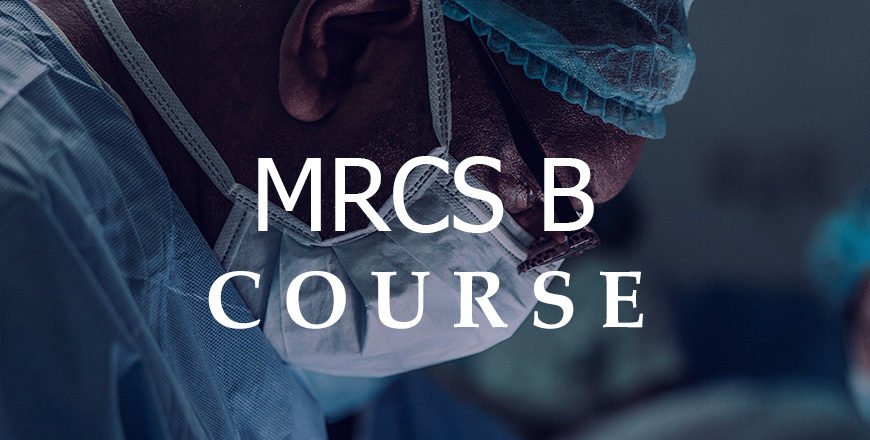

MRCS Part B Overview
The Membership of the Royal Colleges of Surgeons (MRCS) exam is an intercollegiate exam for doctors pursuing a career in surgery in the UK and internationally. It is administered jointly by the four surgical royal colleges in the UK and Ireland.
🔍 What is MRCS Part B?
MRCS Part B is the second and final component of the MRCS exam. It is an Objective Structured Clinical Examination (OSCE) that assesses a candidate’s:
- Clinical knowledge
- Communication skills
- Practical surgical skills
- Decision-making ability in surgical scenarios
Passing Part B, along with Part A, is required for becoming a Member of a Royal College of Surgeons (MRCS).
📋 Exam Format
🧪 OSCE Structure
- Stations: Typically 17–18 stations
- Duration: Around 9 minutes per station
- Total exam time: ~3.5 hours
- Marking: Each station is scored individually. You must pass a set number of stations and achieve an overall pass mark.
💡 Station Categories
- Anatomy and Surgical Pathology
- Applied Surgical Science and Critical Care
- Clinical and Procedural Skills
- Communication Skills
- History Taking and Clinical Examination
🎯 Skills Assessed
- History Taking: Gathering patient history in a structured manner.
- Physical Examination: Performing systemic examinations confidently and professionally.
- Communication: Discussing diagnoses, explaining procedures, and handling difficult conversations (e.g., breaking bad news).
- Applied Knowledge: Applying anatomy, physiology, and surgical pathology in clinical scenarios.
- Procedural Skills: Performing simulated tasks like catheterization, suturing, or inserting a chest drain.
📝 Eligibility Requirements
To sit MRCS Part B, candidates must:
- Pass MRCS Part A
- Hold a primary medical qualification accepted by the GMC or equivalent
- Typically have at least 1 year of post-graduate clinical experience
📅 Exam Dates & Centers
- Held 3 times a year
- Available at various UK and international centers
- Early booking is advised due to high demand
📚 Preparation Tips
- Understand the Format: Familiarize yourself with OSCE-style stations.
- Practice Scenarios: Use peer practice, mock exams, and online resources.
- Focus on Weak Areas: Pay attention to clinical examination and communication.
- Time Management: Practice working within the time limits per station.
- Attend a Course: Many MRCS Part B prep courses offer useful feedback and practice.
✅ Pass Mark and Results
- Pass Mark: Varies slightly by sitting but is standardized across colleges.
- Results: Released ~4 weeks after the exam
- Retakes: Candidates may attempt the exam up to 4 times.
Tags:
You May Also Like
Subscribe now to receive our latest updates
[mc4wp_form id=3101]
Get in touch
Address
Howard Street, San Francisco
contact@mrcsalah.com
